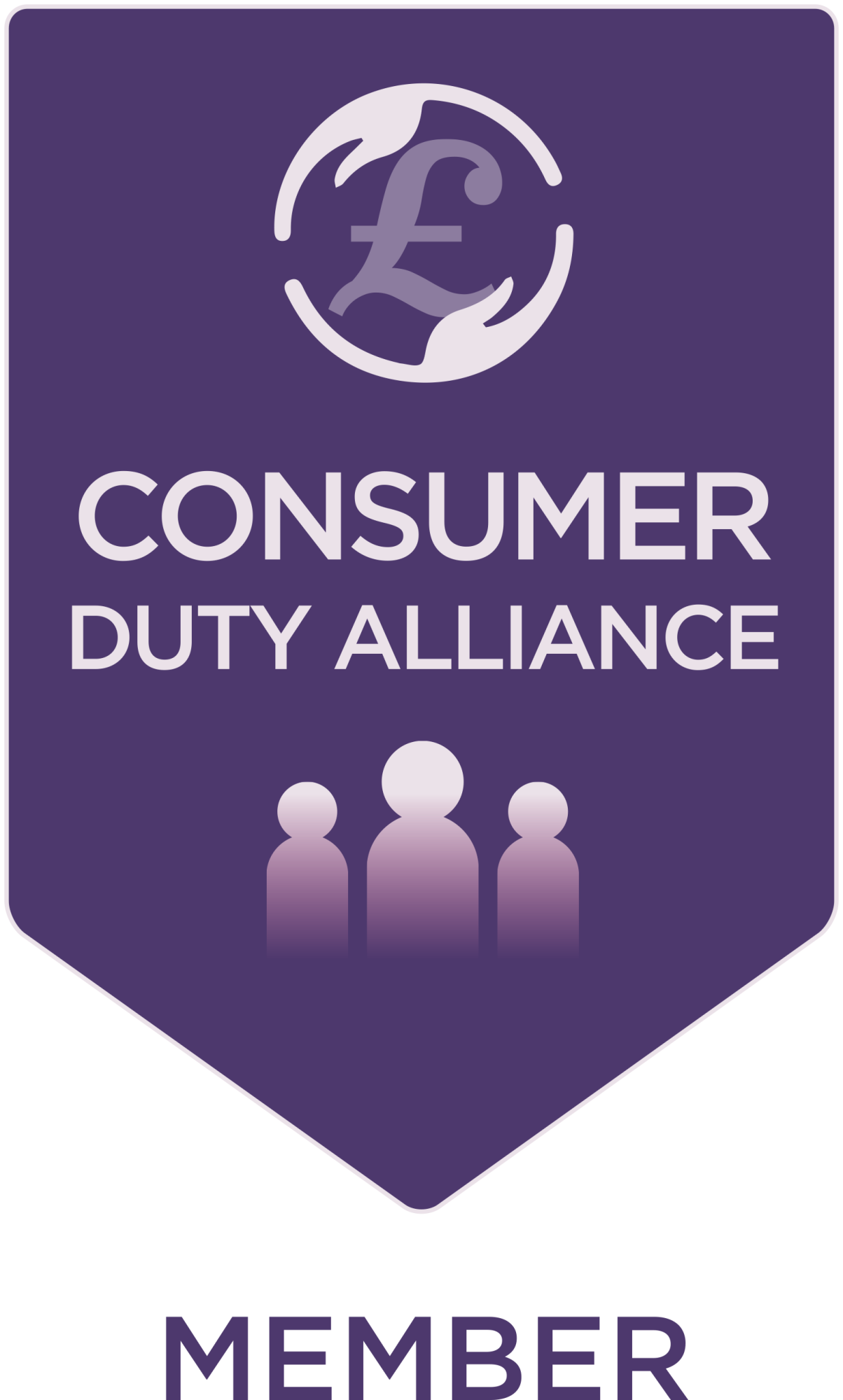
Choice or manipulation?
It’s Saturday evening and you’re in the supermarket surveying the shelves trying to work out which gin to buy. How many brands and flavours of gin do you need for goodness sake?! Do you think they are there by accident... Read more
Blog6th Nov 2019
It’s Saturday evening and you’re in the supermarket surveying the shelves trying to work out which gin to buy. How many brands and flavours of gin do you need for goodness sake?! Do you think they are there by accident or design? Why are the premium priced bottles easier to reach, and the cheaper ones on the bottom shelf and more awkward to get to?
Did you know schools and offices have the power to change the diet of students or employees just by re-ordering the food in the cafeteria? Make it easier for people to pick up chicken or fish, fruit or salads, by moving the chips and pies further away.
Richard Thaler, an academic from the Booth School at Chicago University recently won the Nobel Prize for Economics. His specialist subject, Behavioural Economics, or as his book “Nudge” describes it helping people make smarter decisions by “making it easier”.
He is widely credited with stimulating fresh thinking within government. David Cameron’s supporting cast in Downing Street had a “Nudge Unit” or Behavioural Insight Team to give it its Sunday name. The results included devising auto-enrolment for pensions, a major factor in the rise in pension scheme membership. How did it work?
If you ask someone to opt in to something, he or she actually needs to do something. If you say here is what you will get, tell me if you do not want it, they do nothing and get it anyway.
Choice architecture, if you will. The science of helping you make decisions by carefully orchestrating the language in the questions or design of our surroundings. Manipulation? No. Just making it easier.
Reviewing or re-setting default choices, from action to say yes, to do nothing and say yes. The organ donor project was another example where you had to opt out. Most people did nothing and opted in.
Decision-making, especially in financial services is not easy. Paperwork assaults us. We provide insane amounts of information designed to protect the provider rather than inform and educate the client. Imagine if we could make it as simple as opt in or out.
Suppose for a moment there was a plan, containing a range of tax friendly products, within an investment portfolio specifically designed around delivering a client’s long-term goals and ambitions, at a known price that even included regular reviews to stay on track.
Well we have all of that; it’s what financial planners do. The problem is – you guessed it, all the paperwork.
Regulation is moving us closer to transparency of cost and charges. However, when will we ever get the chance to save some trees?



